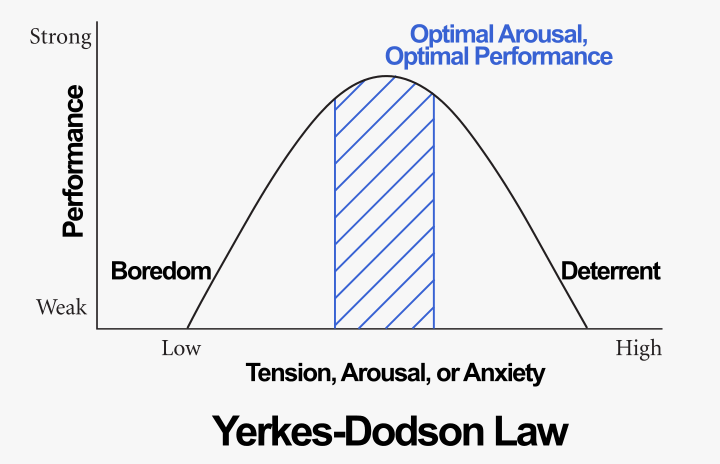Our executive compensation system is broken. Surveys show that the average public company CEO compensation is many hundred times that of the average employee. This gaping disparity in pay vis-à-vis the relative value they bring to their organizations is a moral embarrassment to our society, a point that wasn’t lost on the Occupy movement of yesteryear.
The debate over executive pay won’t die away anytime soon. As election year approaches, grandstanding politicians are vying to outdo each other with pledges to implement pubic policies that limit executive compensation, whereas theorists argue that, in a market economy, compensations should be set by supply and demand for executive talent.
The latter position is commonly echoed by company boards and executive compensation consultants—both of whom owe their cushy jobs to the CEOs and their top teams. They assert that leaders need to be provided with personal incentives to attract and motivate them.
Strangely enough, such incentives often demotivate the leaders’ followers. Financial incentives that are directed disproportionately to the leader in isolation often prove downright counterproductive.
Leadership is an outcome of the relationship between leader and follower, and excessively compensated leaders do not engender followership effectively.
This comports with financier J. P. Morgan‘s observations at the start of the twentieth century that the only characteristic common to his failing clients was a tendency to overpay those at the top. As Peter Drucker commented in The Frontiers of Management (1986,)
[J. P. Morgan found] eighty years ago that the only thing the businesses that were clients of J. P. Morgan & Co. and did poorly had in common was that each company’s top executive was paid more than 130 percent of the compensation of the people in the next echelon and these, in turn, more than 130 percent of the compensation of the people in the echelon just below them, and so on down the line. Very high salaries at the top, concluded Morgan—who was hardly contemptuous of big money or an “anticapitalist”—disrupt the team. They make even high-ranking people in the company see their own top management as adversaries rather than as colleagues…. And that quenches any willingness to say “we” and to exert oneself except in one’s own immediate self-interest.
Idea for Impact: Employees’ efforts are devalued markedly under conditions of gross inequality. Pay leaders well (if you pay peanuts, you’ll get monkeys,) but not too well.
 Many people claim that they
Many people claim that they 
.jpg)
 The recent sexual misconduct
The recent sexual misconduct